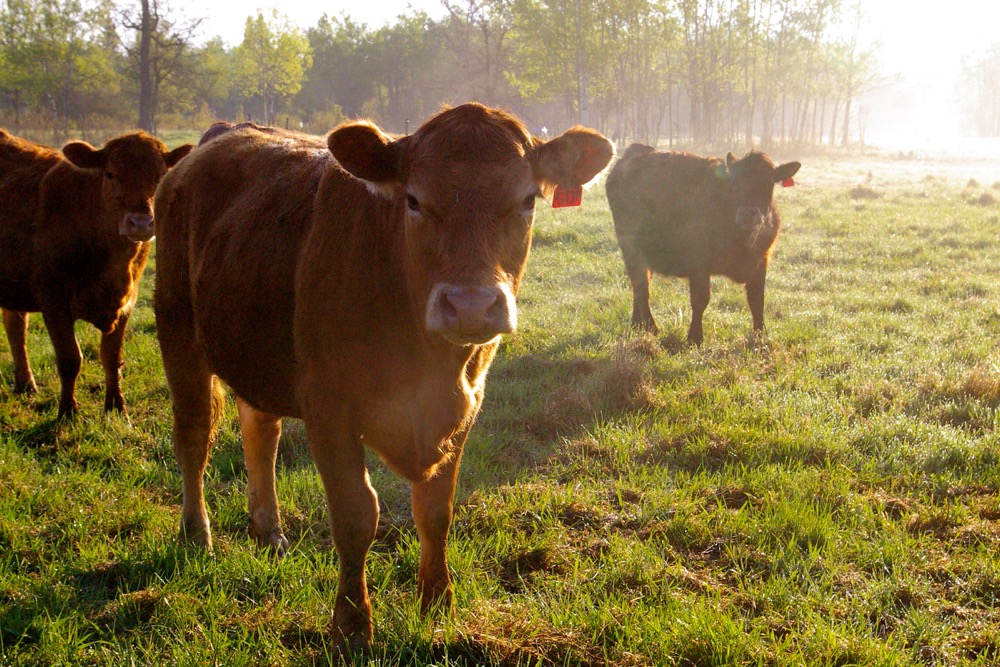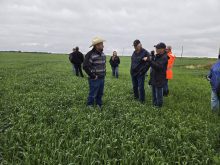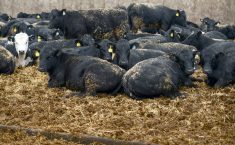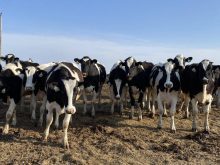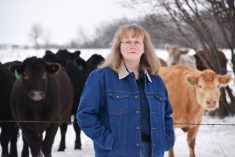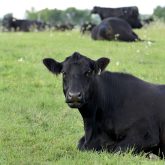Raising cattle is a way of life in rural Missouri. We have the second-most cows of any state, behind only Texas. Much of our ag economy depends on beef to survive. The same could be said of pork, poultry or a number of other meat animals. So why write an article taste testing a plant-based “burger”?
As a wake-up call to our industry. The makers of these new products have one goal: to eliminate animal agriculture. Their products are real, they’re here now, and many more are in the pipeline.
Read Also
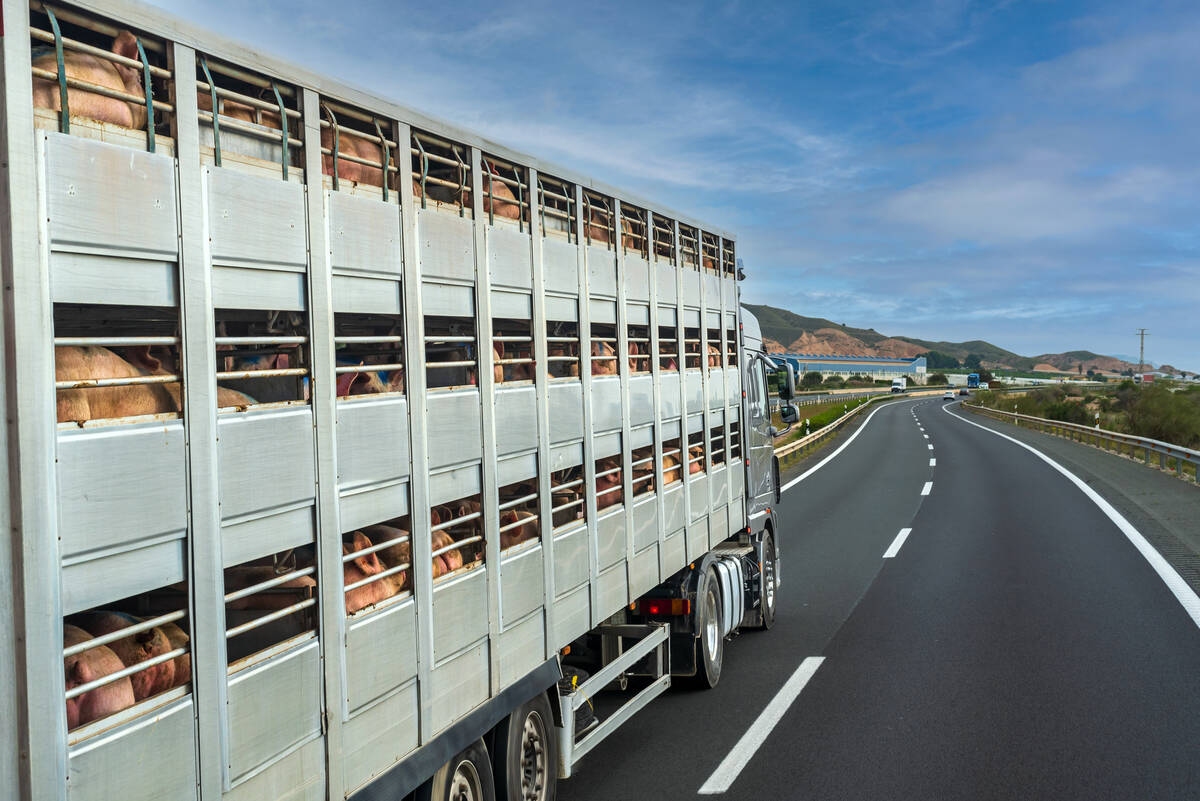
Pig transport stress costs pork sector
Popular livestock trailer designs also increase pig stress during transportation, hitting at meat quality, animal welfare and farm profit, Agriculture and Agri-Food Canada researcher says
A recent Forbes article predicted 2019 as the possible turning point for these products. It said:
Industry observers are excited to see it all unfold. “It’s only the beginning,” says Caroline Bushnell, the Good Food Institute’s senior marketing manager. “We’re in the early stage of a major shift,” she says. What’s sparked the change? “Companies are realizing that the market for plant-based meat isn’t just vegans or vegetarians, it’s meat eaters.”
As already mentioned, Impossible Foods, Beyond Meat, Memphis Meats, Mosa Meat, Future Meat Technologies and their competitors are determined to eliminate animal agriculture. It is not a side-goal; it’s their core mission.
Here’s a quote from Impossible Foods’ Mission Statement: “using animals to make meat is a prehistoric and destructive technology. Animal agriculture occupies almost half the land on earth, consumes a quarter of our fresh water and destroys our ecosystems. So we’re doing something about it: we’re making meat using plants, so that we never have to use animals again.”
Beyond Meat has a similar mission: “By shifting from animal, to plant-based meat, we are creating one savoury solution that solves four growing issues attributed to livestock production: human health, climate change, constraints on natural resources and animal welfare.” Just below these words, its official website claims that eating animal meat results in a 16 per cent increased cancer risk and 21 per cent increased heart disease risk (which for some undecipherable reason adds together and displays in an infographic as 37 per cent). It also claims “51 per cent of global greenhouse gas emissions (are) driven by livestock rearing and processing.” Its investors include Tyson and HSUS. It recently announced plans to go public.
Memphis Meats is still in the research and development phase, but is a leader in developing lab-grown, or “cell-based” meat. This product would take actual animal cells, grow them in a controlled laboratory-like factory setting, and “harvest” the cells for consumption. This is the true Holy Grail for anti-animal-agriculture activists: obtaining animal meat without killing animals. And the idea has big money behind it – Bill Gates, Richard Branson, Cargill and Tyson have all invested in the company. As a Newsweek headline recently stated, many in the industry believe “Lab-Grown Beef Will Save the Planet — and Be a Billion-Dollar Business.”
Surely there’s some good news, though, right? Absolutely. First of all, price is a major consideration in any food-buying decision. The makers of these products know they will not be taking major market share away from animal agriculture unless they can be at cost parity, or even less expensive than beef. The plant-based Impossible Whopper costs $5.49, whereas the regular Whopper is a dollar less at $4.49. That’s about a 22 per cent premium for the Impossible version.
Second, our industry has the tools to make a stand and remain the dominant way of providing the protein and nutrients our bodies need. These companies are playing on emotions, making hugely misleading claims about the impact of animal agriculture on our bodies and planet, and claiming to be saving the world from our evil industry.
They have no qualms about misleading labelling, similar to what we have seen with products such as almond “milk.” Beyond Foods’ Initial Public Offering (IPO) prospectus explicitly acknowledges this, stating:
“The success of the plant-based dairy industry was based on a strategy of creating plant-based dairy products that tasted better than previous non-dairy substitutes, packaged and merchandised adjacent to their dairy equivalents. We believe that by applying the same strategy to the plant-based meat category, it can grow to be at least the same proportion of the approximately $270-billion meat category in the United States, which over time would represent a category size of $35 billion in the United States alone.”
Thankfully, Missouri is taking the lead in fighting misleading labelling with legislation passed by the General Assembly in 2018. Our state was the first in the nation to clearly define the word “meat.” Missouri law now forbids companies from “misrepresenting a product as meat that is not derived from harvested production livestock or poultry.”
Like we have witnessed all too often in agriculture, these companies’ quest to repay venture capitalists or shareholders results in an all-or-nothing strategy. Build themselves up at the expense of others. Bud Light is a case in point.
Livestock farmers must stand up for their products. We must continue to articulate how well animals are treated by farmers. We must share why raising animals is good for the environment. We must continue to educate consumers on why livestock products are nutritionally superior for us and our children. We have a good story to tell.
We have to be proactive in combating this coming wave of ill-intentioned profiteers. This is an intense challenge to our industry, and we must continue to fight. The facts are on our side.





